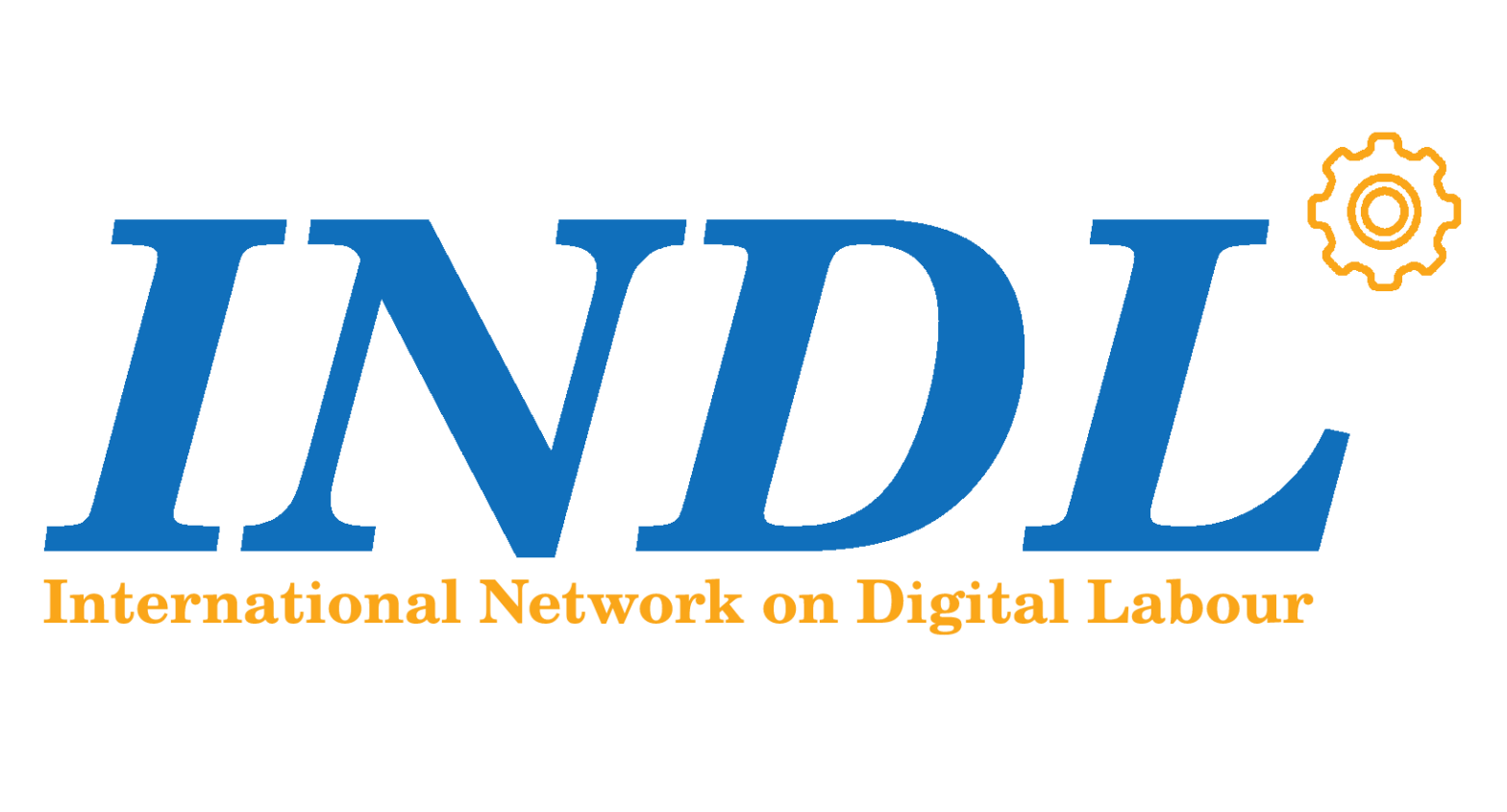Theodora Kotsaka ‘Dignity of Labor & technology: Is there a singularity of AI?’ at the Panel under the title Artificial Intelligence
3-5 November 2022
National and Kapodistrian University of Athens, Central Building, 30 Panepistimiou St.
Abstract
Dignity of labour & technology: Is there a singularity of AI?
Into a decade GAFAM (Google, Apple, Facebook, Amazon, Microsoft) managed to surpass oil companies and banks in terms of profitability. A myth that is accompanying their triumph is that their extreme gains are the result of their tech novelty and the augmenting replacement of human labour by machines and algorithms. In reality, the gain from the unregulated framework into which they operate is the cause of the biggest part of their extreme profits. At the same time, there is a consistent effort for the cultivation of some ‘useful’ myths like ‘AI is intangible’ or ‘robots will replace humans in labour’.
We may add one more myth that has to do with the neoliberal prevailing perception about labour. According to neoliberal values, the motivation for work has to do with profit augmentation and higher social status. However, looking at the history of organized labour, the link between the working life of a person and a sense of fulfilment, satisfaction, usefulness and, at the end, dignity, was always an important variant for individuals and societies as a whole. The predominant political economy and logistics are not able to capture or even comprehend non-quantitative variables. Whatever cannot be quantified remains unseen. Even though, today, as always, in the real world exist numerous examples –such as Linux or Wikipedia among others– where thousands of people create a common good that demands a huge number of working hours and their motivation is not for profit, but for a sense of offering and dignity.
Fostering the aforementioned myths, serves the idea that AI constitutes a new economic sector, so different, that is regarded possible not to be subject to the regulations that are obligatory for all the other market players, concerning labour rights, environmental footprint, taxation or the advantages arose from their oligopolistic position in the market. The real beneficiaries from the supremacy of those myths are the employers of the sector that are not subjects to social security expenses, lower wage, fixed work shifts, safe working conditions, vacation rights or sick leaves, while at the same time they are not obliged to any kind of allowance.
The study of history of competition between capital and labour during the last centuries makes clear that the narrative concerning the upcoming obsolescence of human labour due to its substitution from science and technology, is a theory offering multiple advantages to the side of capital and employers. It has accompanied the introduction of every major technological innovation in production sector –either in industry or in agriculture– and always, especially in the early stages, it served as a threat for the working people targeting their rights and demands.
The link to the video:
INDL, the International Network on Digital Labor, is an initiative founded in 2019. Over the years it has been funded by the French CNRS (National Center for Scientific Research), the ISRF (Independent Social Research Foundation), and a number of local partners. By leveraging the experience of the vibrant communities of the ENDL (European Network on Digital Labour), INDL’s mission is to organize international conferences and foster global-level collaboration between academia and civil society. INDL conferences welcome stakeholders such as experts, media, union leaders, and policymakers. Graduate students and junior researchers are invited to actively participate, both by responding to our calls for papers and by lending a hand for the organization of the events.
The full Progam at INDL page:
INDL-5 Program

